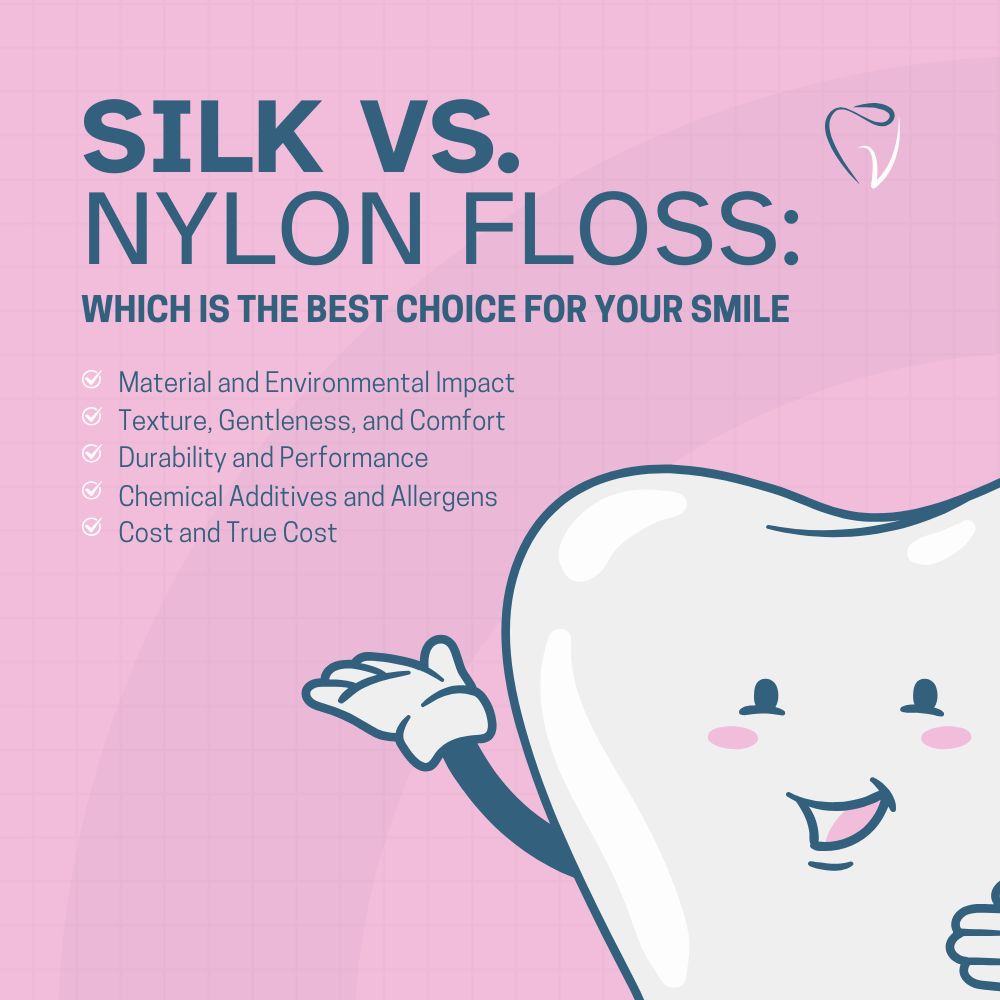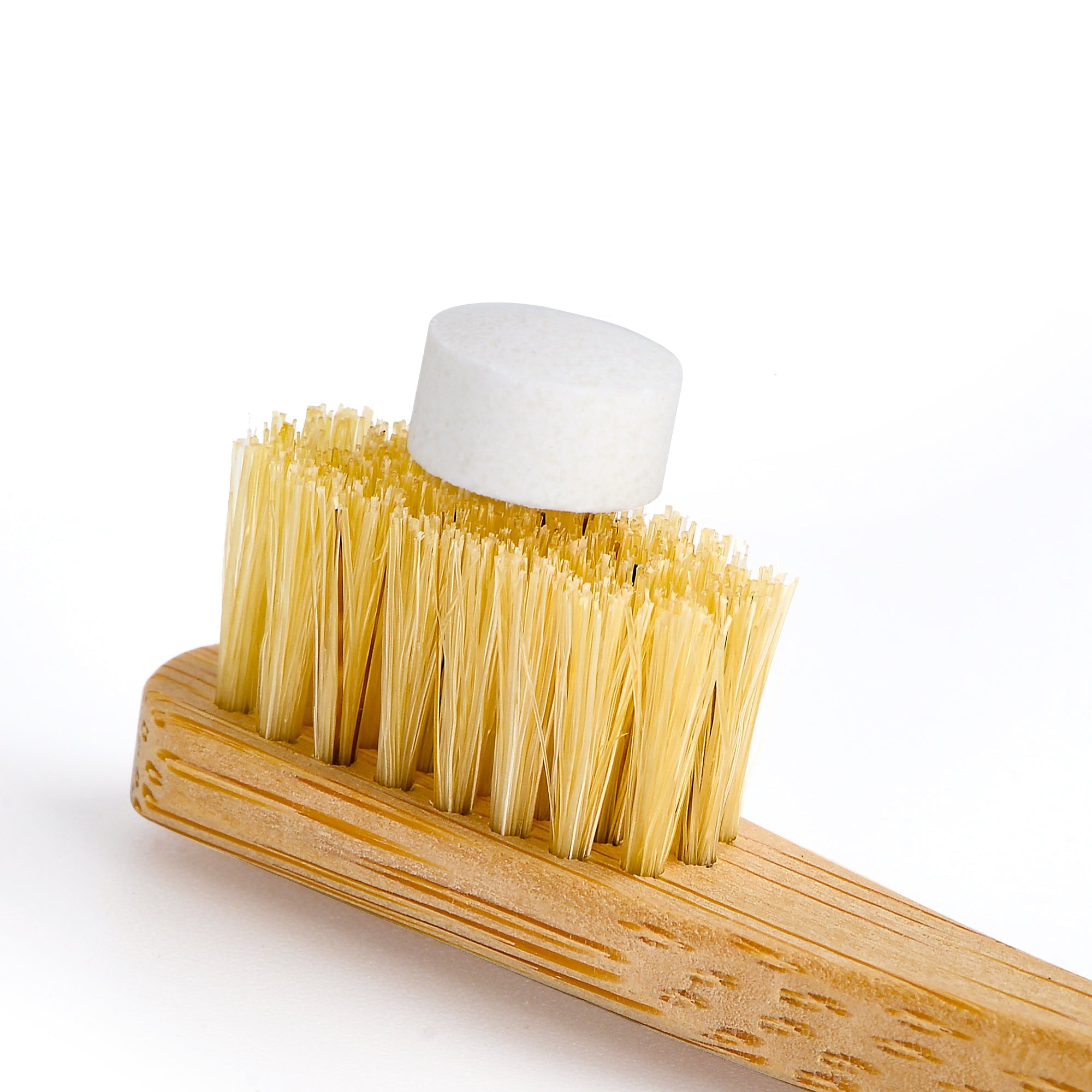In today's world, where sustainability is crucial, adopting eco-friendly laundry practices is a small yet impactful step towards reducing our environmental footprint. Here are some valuable tips to revolutionize your laundry routine:
Why Go Green?
- Washing in cold water reduces personal carbon footprints by 10%, with modern detergents formulated for effectiveness.
- Air-drying clothes slashes climate impact by 67%. More eco tips here!
- Machine drying accounts for 75% of laundry's carbon footprint.
Care Tips:
- Wash full loads to minimize wash cycles.
- Turn clothes inside out to preserve colors and prevent snags.
- Air out clothes instead of washing frequently.
- Look for care labels to understand washing instructions.
Environmentally-Friendly Choices:
- Avoid fragrances to prevent allergies and skin irritation.
- Skip fabric softeners; use eco-friendly alternatives like white vinegar and essential oils.
- Choose SLS/SLES-free and PVA free (sorry laundry sheets), plant-based detergents for cleaner and safer laundry.
By adopting sustainable laundry practices, we not only extend the lifespan of our clothes but also contribute to a healthier planet. This post was heavily inspired by this page on sustainable laundry practices from Colorado State University.
FAQ: Sustainable Laundry Practices
1. Why is sustainable laundry important? Sustainable laundry practices help minimize environmental impact by conserving water, reducing energy consumption, and limiting chemical exposure. By adopting eco-friendly clothing care habits, individuals contribute to a healthier planet and promote a more sustainable lifestyle.

2. How can I make my laundry routine more sustainable? You can make your laundry routine more sustainable by washing full loads, using cold water whenever possible, choosing eco-friendly detergents, air drying clothes, and investing in energy-efficient appliances. These practices reduce water usage, energy consumption, and the release of harmful chemicals into the environment.
3. Is air drying better than using a dryer? Yes, air drying is generally better for the environment than using a dryer. Air drying eliminates the energy consumption associated with drying machines and helps extend the lifespan of clothing by reducing wear and tear from high heat. Additionally, air drying reduces greenhouse gas emissions and conserves energy.
4. Are there specific detergents I should use for sustainable laundry? Look for detergents labeled as biodegradable, phosphate-free, and free of synthetic fragrances and dyes. Also before you buy the lies of laundry sheets have a read of this and then you decide if they are eco-friendly. These eco-friendly detergents are gentler on the environment and reduce the release of harmful chemicals into waterways. Some brands also offer concentrated formulas, which require less packaging and reduce waste.
5. How can I remove tough stains sustainably? For tough stains, consider pre-treating them with natural stain removers such as baking soda, vinegar, or hydrogen peroxide. These alternatives are less harmful to the environment compared to commercial stain removers that contain harsh chemicals. Additionally, soaking stained garments in cold water before washing can help loosen stains without the need for excessive scrubbing.
6. Can I still use fabric softeners and dryer sheets sustainably? No, don't use them and here's why. Traditional fabric softeners and dryer sheets often contain chemicals that can be harmful to the environment and human health. Consider using eco-friendly alternatives such as wool dryer balls or adding vinegar to the rinse cycle as a natural fabric softener. These options reduce chemical exposure and are biodegradable, making them more sustainable choices.
7. How can I reduce microfiber pollution from laundry? To reduce microfiber pollution, consider using a microfiber filter or laundry bag designed to capture microplastics released from synthetic fabrics during washing. Additionally, choose clothing made from natural fibers such as cotton, linen, or hemp, which shed fewer microfibers compared to synthetic materials like polyester and nylon.
8. Are there any other tips for sustainable laundry practices? Other tips for sustainable laundry practices include repairing clothing instead of discarding it, washing clothes less frequently, and donating unwanted garments to charity or textile recycling programs. By adopting these habits, you can minimize waste and extend the lifespan of your clothing, contributing to a more sustainable fashion industry.











